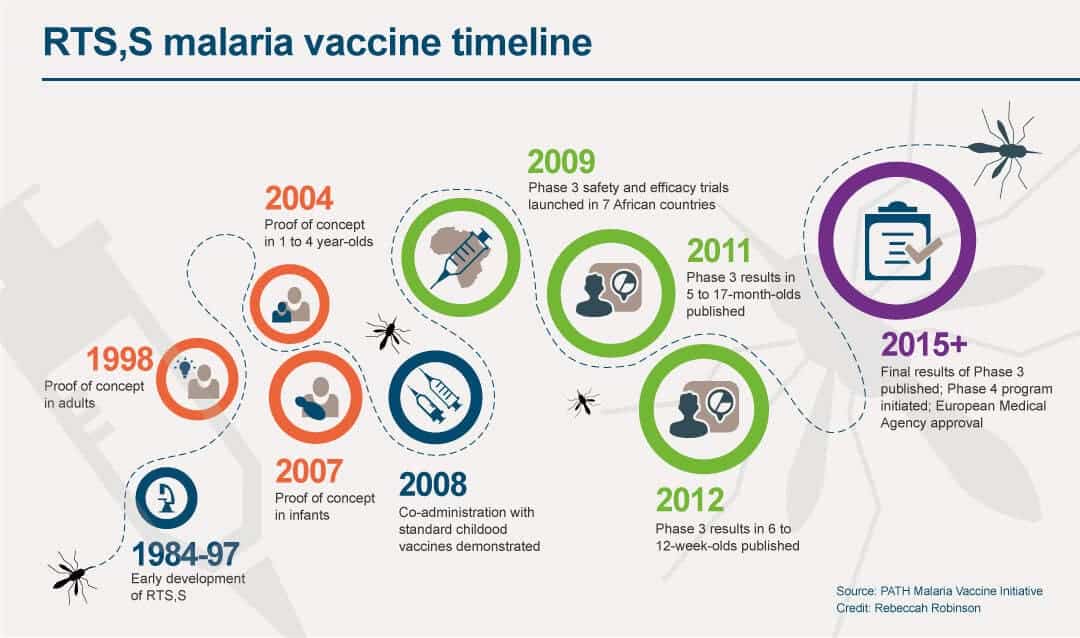Mosquitoes are not only annoying but also deadly, as they can cause diseases such as dengue, malaria, yellow fever and Zika. Researchers regularly study them to understand their feeding behavior and prevent diseases. While they have so far relied on human volunteers to do so, a new innovative tool could take away the pain from mosquito research.

Bioengineers at Rice University joined forces with tropical medicine experts from Tulane University found a way to automate the collection and processing of data in mosquito research by using cameras and machine learning software. Instead of volunteers, they use patches of synthetic skin that can be filled with flowing blood.
“Studying mosquito feeding behavior could elucidate countermeasures to mitigate biting,” the researchers wrote in their new paper. “Although this type of research has existed for decades, there has yet to be a compelling example of a controlled environment to test the impact of multiple variables on mosquito feeding behavior.”
Studying mosquitoes
Mosquitoes are usually described as “the world’s deadliest animal” to humans because of the number of people who die each year from mosquito-borne infection – over 700,000. These diseases disproportionately impact some regions of the world, especially Asia, Africa, and South America, and the incidence is linked to poverty.
This raises the need for further studies that look at the mosquito feeding behavior in a controlled environment, understanding better the feeding process and ultimately finding ways to decrease transmission rates. But studies so far have relied on human volunteers and animal subjects, which makes it expensive and also time-consuming.
For their study, the researchers used bioprinting techniques to create the synthetic skin, which was then filled with blood. The skin was placed in a transparent plastic box roughly the size of a volleyball that was surrounded by cameras. Mosquitoes were placed in the box and the cameras were set to record how long they stay on the skin and their feeding behavior.
The system was tested at the laboratory to examine the effectiveness of existing mosquito repellents made with either DEET or a plant-based repellent derived from the oil of lemon eucalyptus plants. Tests showed mosquitoes fed on the artificial skin without repellent and stayed away from the skin coated with either of the two repellents.
The results suggest that the system can be scaled up to test or discover new repellents or to study mosquito behavior more broadly, the researchers said. It could also open the door to testing in laboratories. “The hope is researchers will be able to use that to identify ways to prevent the spread of disease in the future,” Omid Veiseh, study author, said in a statement.
In fact, Dawn Wesson, another study author, is already using the system in her lab to study the viral transmission of dengue and plans to also use it in studies involving malaria parasites. “We are interested both in how viruses get taken up by uninfected mosquitoes and how viruses get deposited, along with saliva, by infected mosquitoes,” she said.
The study was published in the journal Frontiers in Bioengineering and Biotechnology.






